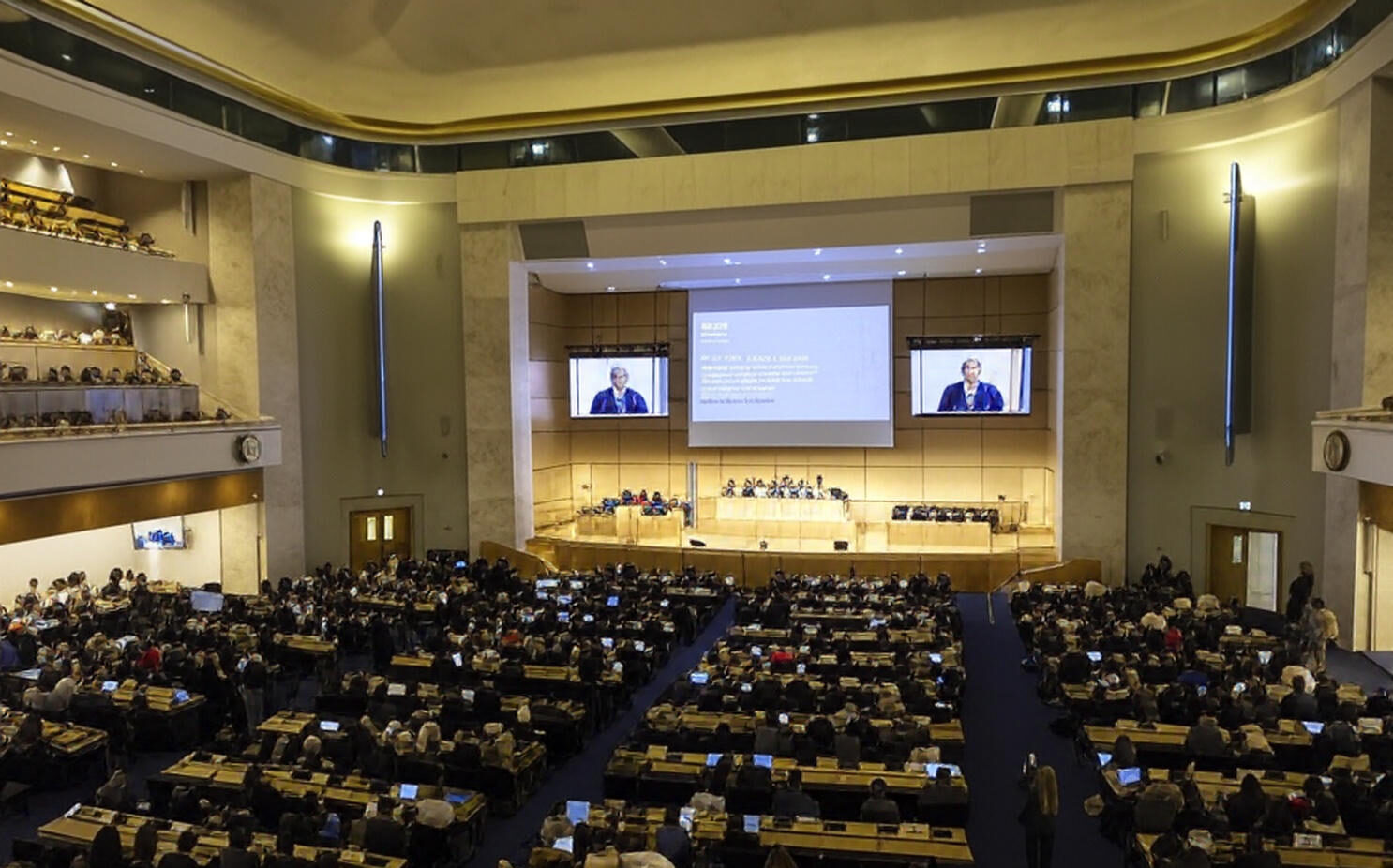
Plastic pollution, generating over 400 million tons annually and causing severe harm to ecosystems, marine life, and human health, has prompted urgent global action. On August 5, 2025, representatives from approximately 180 countries gathered in Geneva, Switzerland, for the second part of the fifth session of the Intergovernmental Negotiating Committee (INC-5.2). This critical session, building on INC-5.1 held in Busan, Republic of Korea, in late 2024, aims to finalize a legally binding international treaty to address plastic pollution across its lifecycle, from production to disposal. With a deadline of August 14, 2025, the negotiations face intense scrutiny. However, as of August 9, 2025, significant challenges, including procedural delays, deep divisions among nations, and an increasingly unwieldy draft text, have raised serious concerns about the likelihood of achieving a robust, enforceable agreement.
Background of the Treaty

The push for a global plastics treaty stems from a 2022 UN Environment Assembly resolution to develop an international instrument addressing the full lifecycle of plastics—from production and consumption to waste management and disposal. Plastic pollution has reached alarming levels, with microplastics infiltrating water bodies, soil, and even human bloodstreams. The treaty seeks to establish global standards for reducing plastic production, improving waste management, and promoting sustainable alternatives. INC-5.2, held at the Palais des Nations, comes after four previous meetings and regional discussions. A multi–stakeholder forum was organized by Switzerland on August 4 to make sure everyone is on the same page about what to expect.
The stakes are high, as failure to deliver a comprehensive treaty could exacerbate environmental degradation and undermine global cooperation.
Challenges in Negotiations
On August 9, the midpoint of the INC-5.2, progress has been slow, raising concerns from INC Chair Luis Vázquez Vargas of Ecuador.
In a stocktaking plenary, Vayas noted that the draft text has grown from 22 to 35 pages, with numerous unresolved brackets indicating disputed provisions. These brackets reflect disagreements on critical issues, including:
- Production Caps: Some nations, particularly those in the Global South and the High Ambition Coalition (including countries like Norway and Rwanda), advocate for binding global targets to reduce plastic production. However, major plastic-producing countries, such as China, the United States, and members of the Like-Minded Countries group (e.g., Saudi Arabia), resist mandatory caps, favoring voluntary measures to avoid economic constraints.
- Chemical Regulation: Proposals to regulate harmful chemicals used in plastics, such as PFAs (per- and polyfluoroalkyl substances), face opposition from chemical-producing nations. These substances, linked to health risks, remain a contentious issue as some delegations argue for exemptions to protect industrial interests.
- Financial Mechanisms: Disagreements persist over funding mechanisms to support implementation, particularly for developing nations. Proposals for a global plastic pollution fund, modeled on climate finance frameworks, are stalled due to debates over contribution obligations and access criteria.
- Scope of the Treaty: While some countries push for a comprehensive treaty covering the entire plastic lifecycle, others prefer a narrower focus on waste management and recycling, limiting the treaty’s ambition.
These divisions have led to procedural bottlenecks, with much of the session consumed by debates over negotiation modalities rather than substantive text revisions. The revised text emphasizes the lack of agreement, which threatens the August 14 deadline.
Global Reactions and Stakes
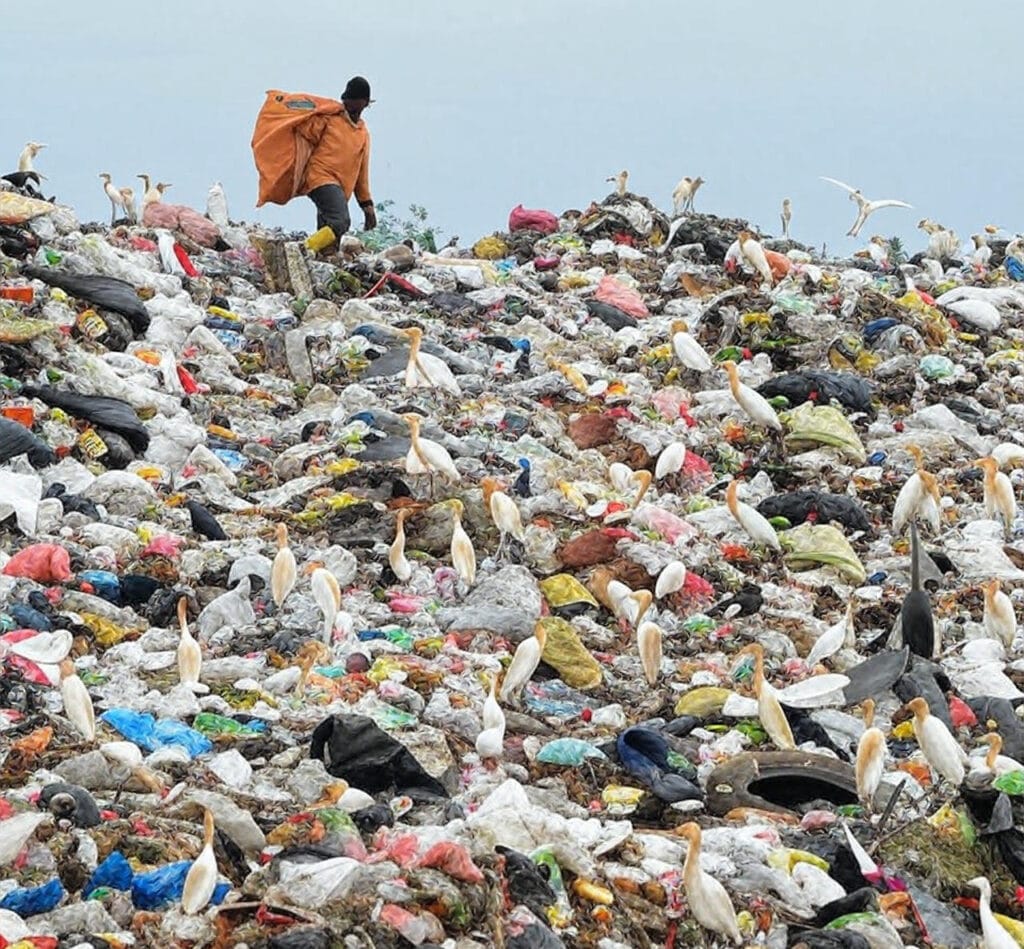
Environmental groups and people who care about the environment are upset because things are moving too slowly.
Groups like Greenpeace and the World Wide Fund for Nature (WWF) have urged negotiators to prioritize ambition over compromise, warning that a weak treaty risks being ineffective. Meanwhile, industry stakeholders, including plastic manufacturers, advocate for flexibility to avoid disrupting supply chains. The Global South, heavily impacted by plastic waste dumping, demands stronger commitments from high-producing nations, highlighting inequities in global waste flows.
The scientific community has stressed the urgency of taking action.Studies estimate that without intervention, plastic waste in oceans could triple by 2040, devastating marine ecosystems and food chains. Microplastics, now detected in human organs, pose long-term health risks, adding pressure for a treaty that addresses production and disposal holistically.
Path Forward
As INC-5.2 progresses, negotiators face the daunting task of streamlining the draft text and resolving disputes. Chair Vayas has called for intensified efforts, proposing additional working groups to tackle specific provisions. However, the risk of a diluted treaty looms large, with some delegations reportedly prepared to accept a framework with voluntary commitments rather than binding obligations. Such an outcome could undermine the treaty’s effectiveness, leaving nations to address plastic pollution through fragmented, domestic policies.
Switzerland, as the host nation, has pledged to facilitate compromise, drawing on its diplomatic experience. The involvement of UN Environment Programme Executive Director Inger Andersen has also been pivotal, with her urging delegates to prioritize the planet over short-term economic interests. With only days remaining, the international community watches closely, aware that the outcome of INC-5.2 will shape global efforts to combat one of the most pressing environmental challenges of our time.
Conclusion
The Geneva talks represent a critical juncture in the fight against plastic pollution. While the ambition to create a legally binding treaty is shared, divergent national interests and procedural hurdles threaten to derail progress. As the August 14 deadline approaches, negotiators must bridge divides on production caps, chemical regulations, and financing to deliver a treaty that matches the scale of the crisis. The world awaits a decisive step toward a sustainable future, but the path to consensus remains fraught with challenges.


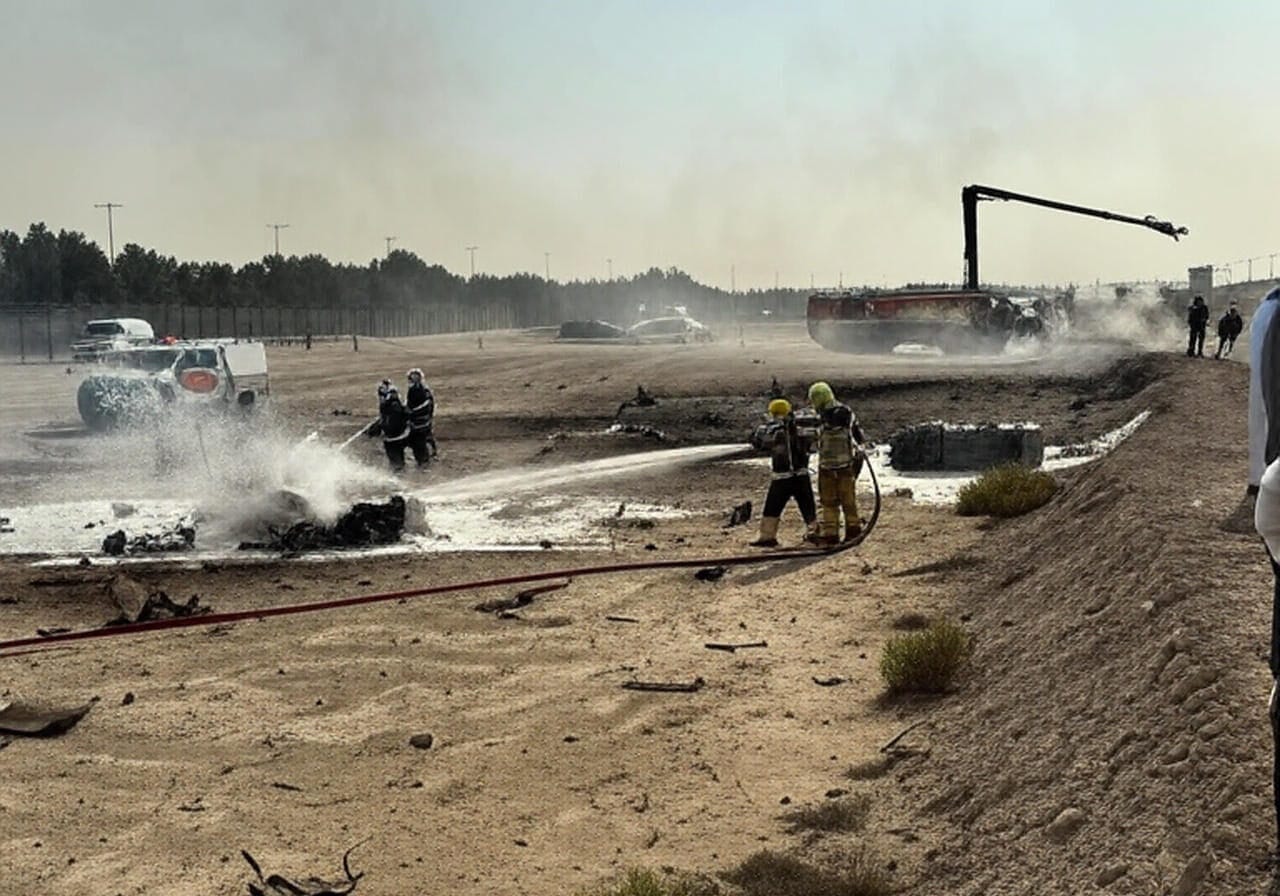
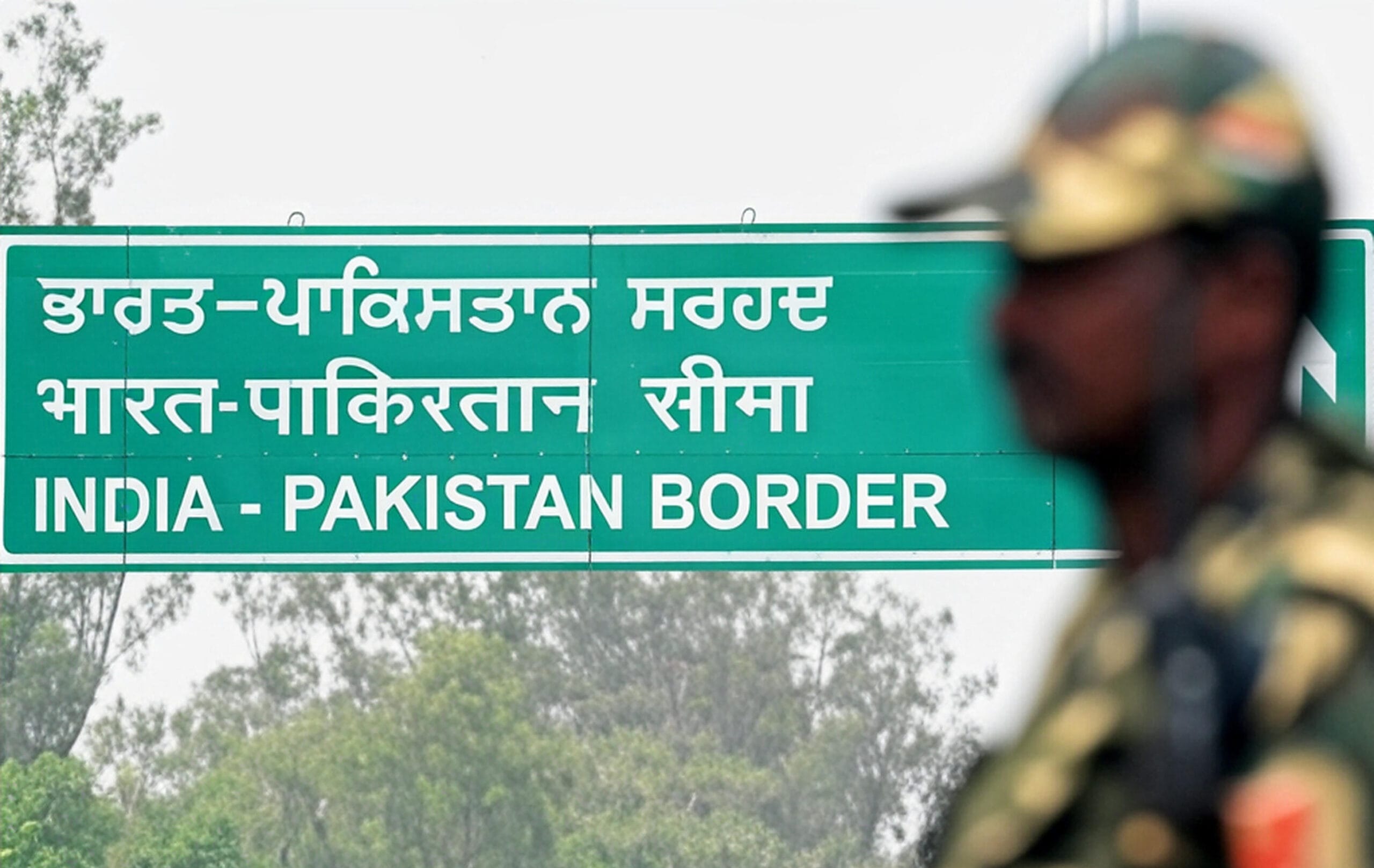
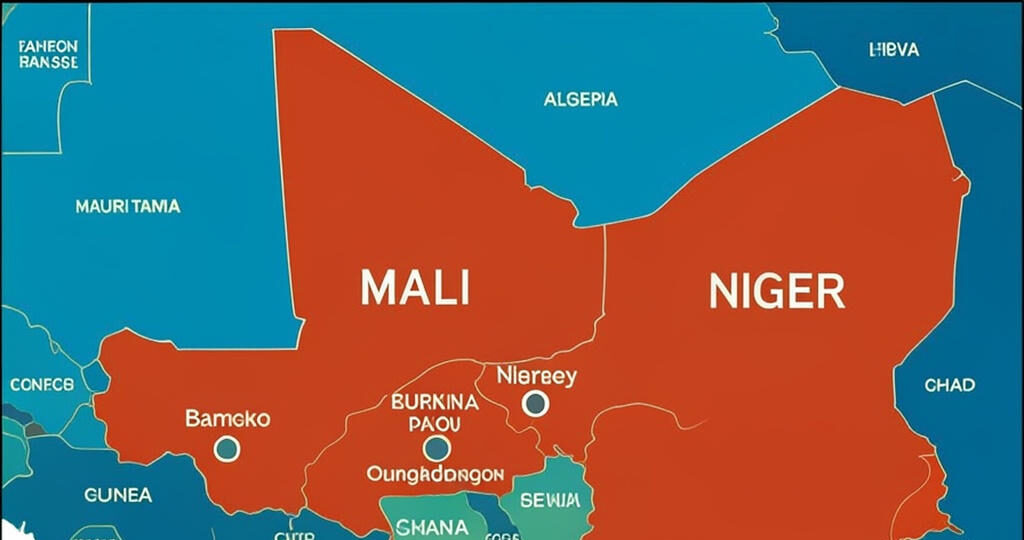
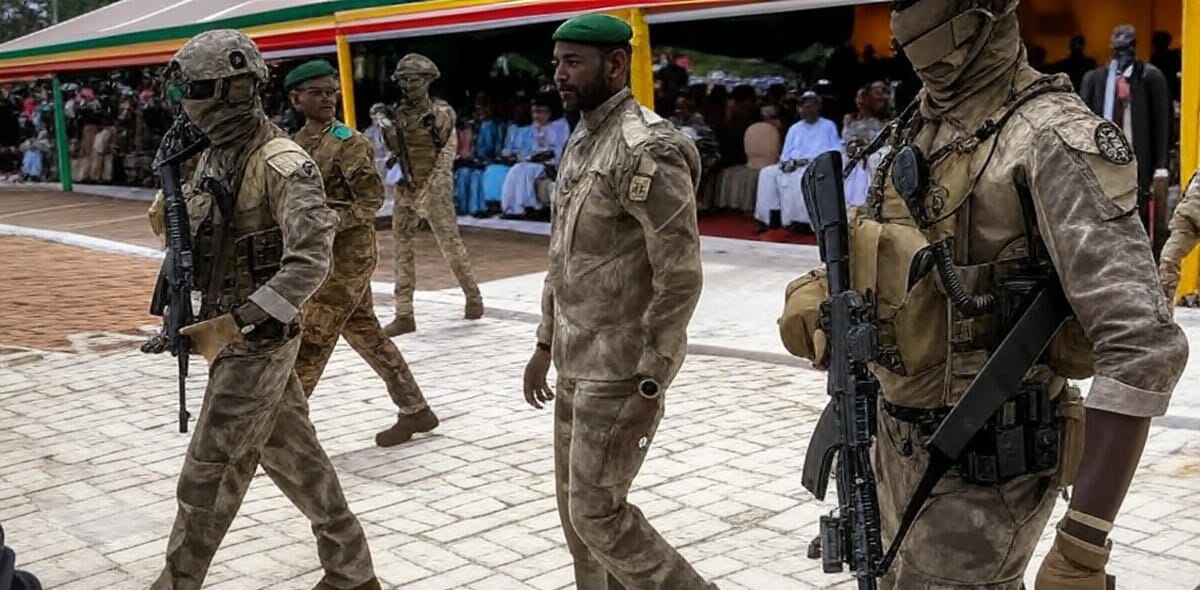
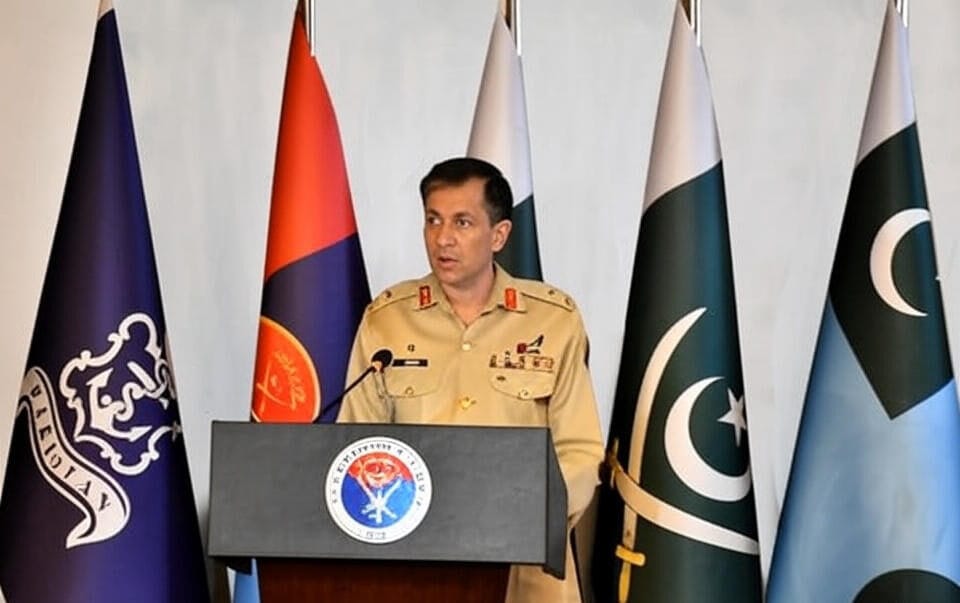
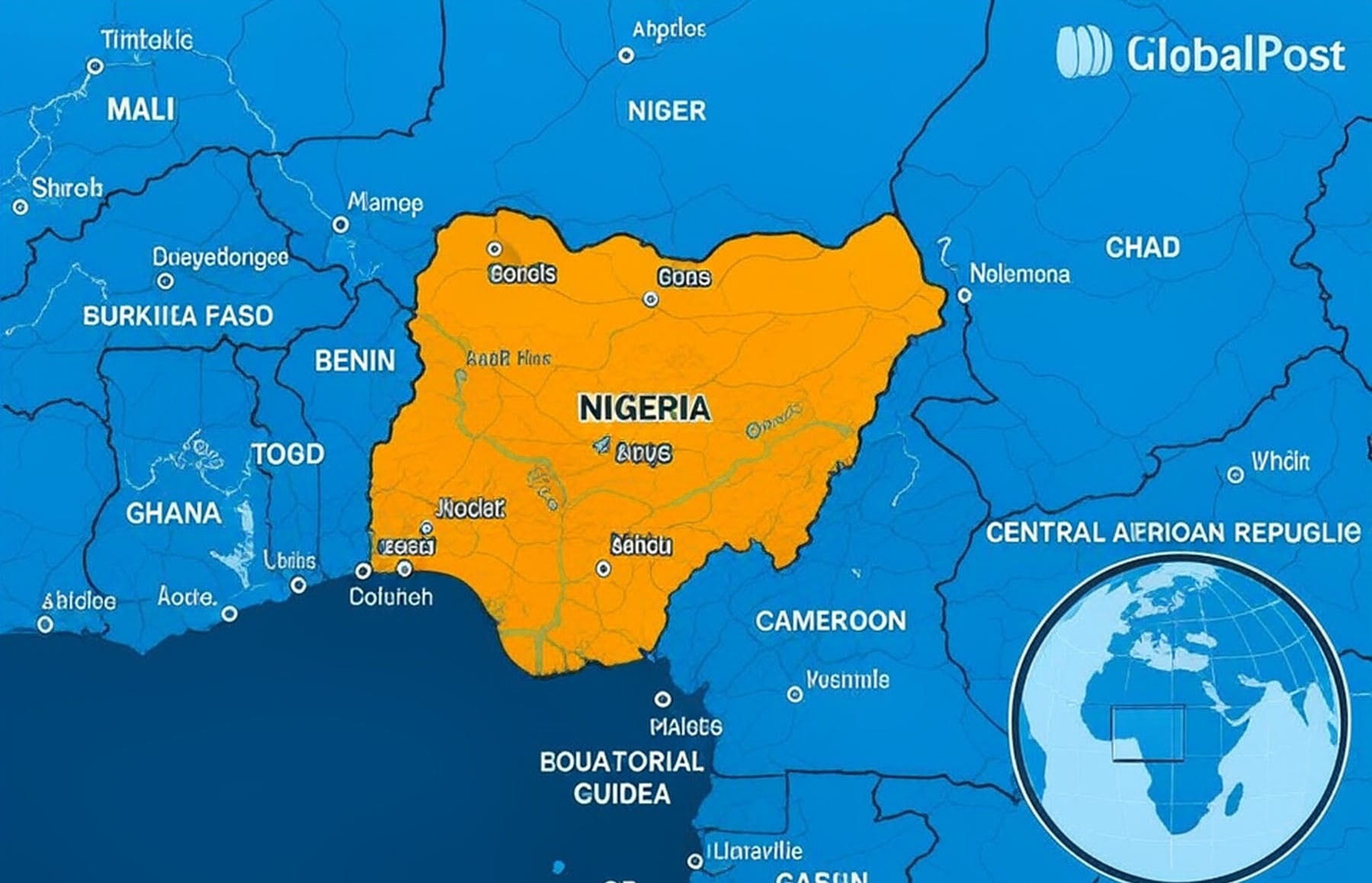
Interesting read! Seeing more platforms like ph799 online casino focus on skill development is great. It’s not just about luck, but learning strategy – a smart approach for players in the Philippines! 🤔